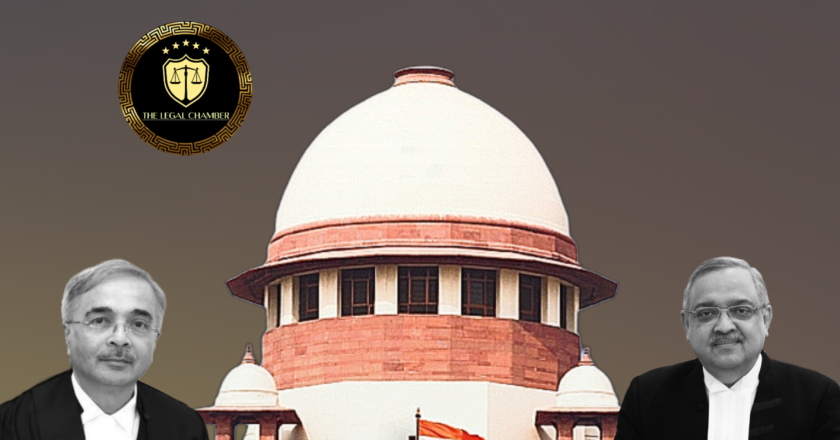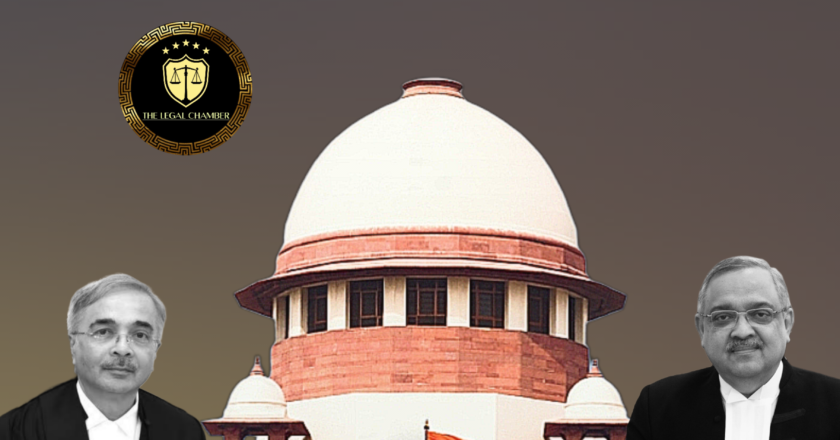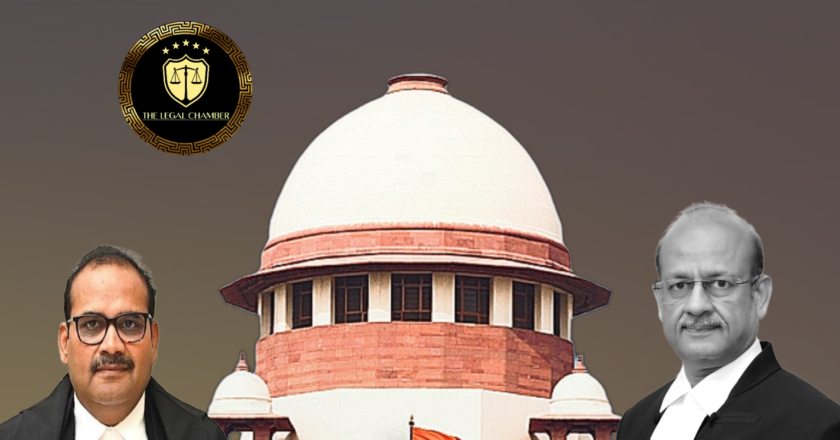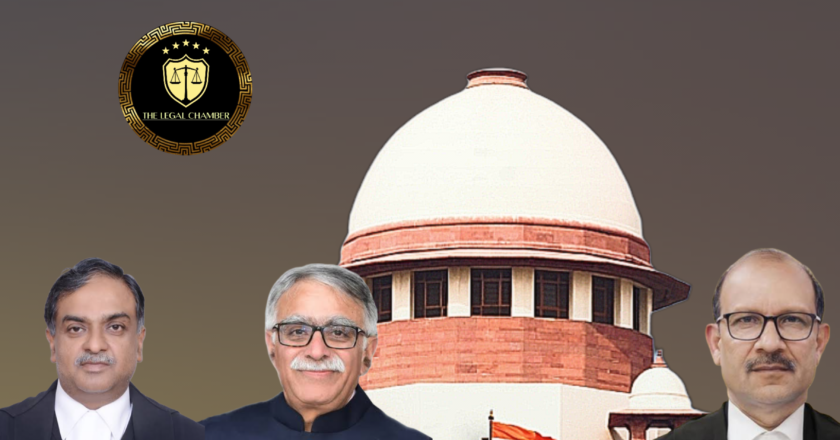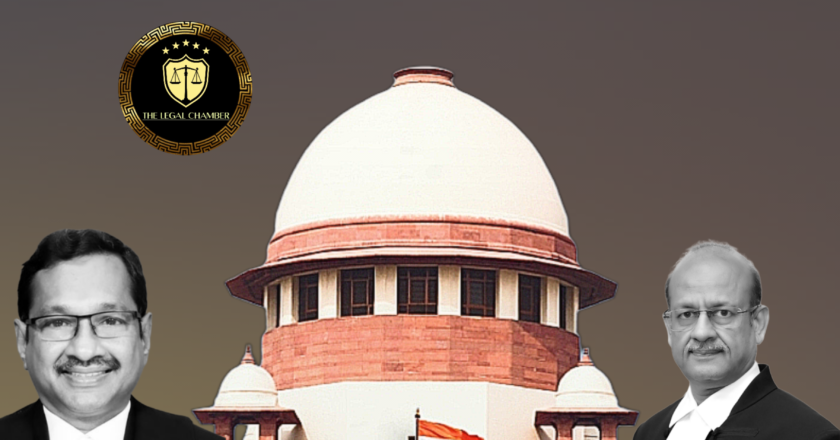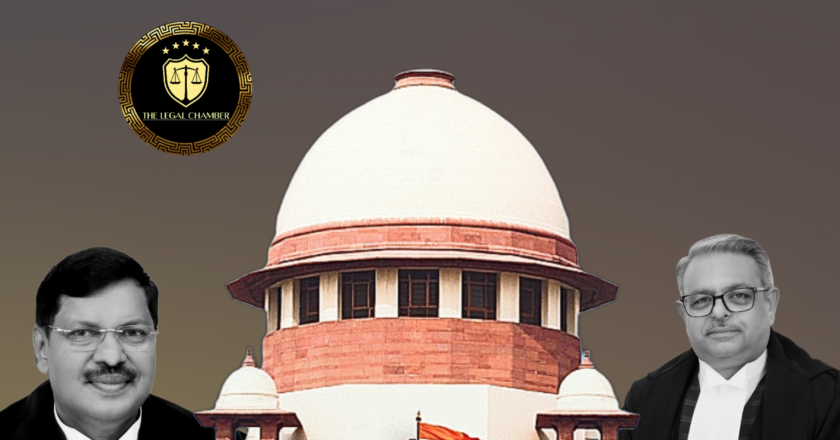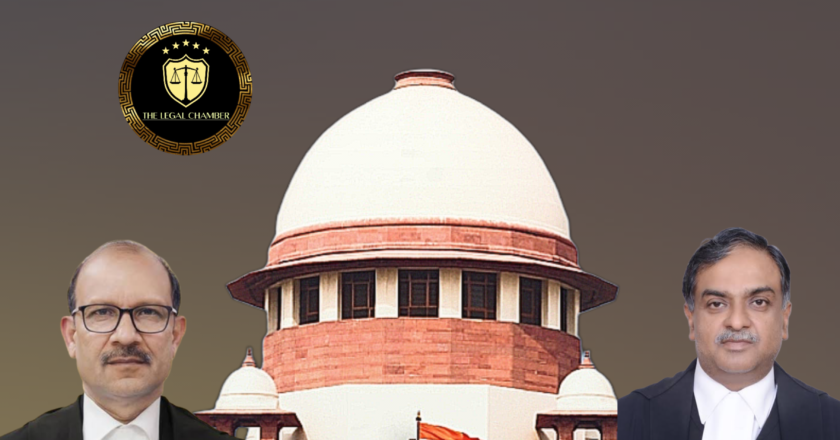Supreme Court Sides with Property Buyer: Restores ₹20 Crore Award Against Nashik Municipal Corporation
This Supreme Court judgment interprets Section 26 of the Right to Fair Compensation and Transparency in Land Acquisition, Rehabilitation and Resettlement Act, 2013, affirming the method for determining market value based on comparable sale instances. It clarifies that rental compensation for pre-acquisition occupation is not statutorily mandated, but equitable interest may be awarded under Section 28 for specific periods of dispossession.
Facts Of The Case:
This case concerns a long-standing dispute over a 37-Are (3,700 sq. m.) plot of land in Nashik, originally part of Survey No. 8/1. In 1972, the Nashik Municipal Corporation (then Council) resolved to reserve the land for public purposes and took possession of this portion without formal acquisition. A 1978 notification under land acqu...



